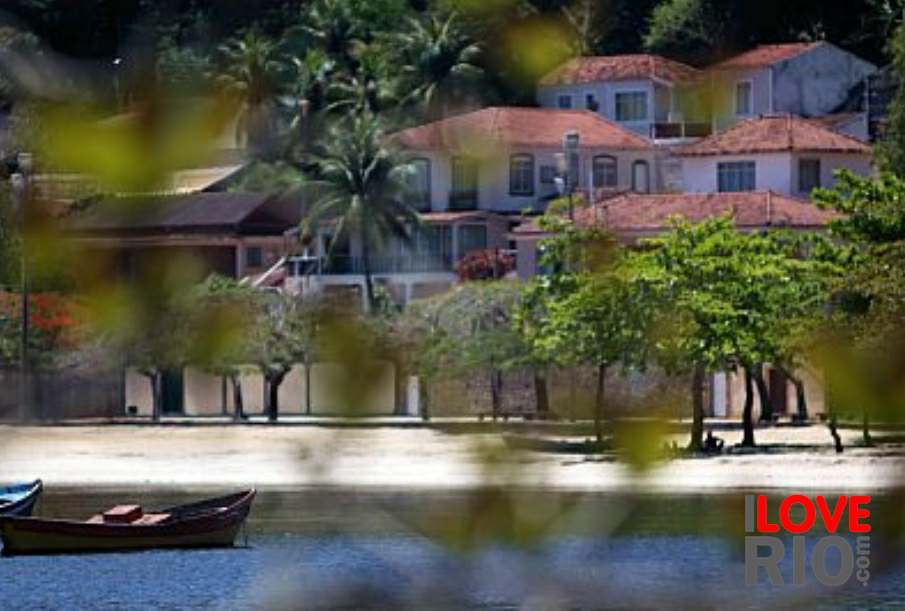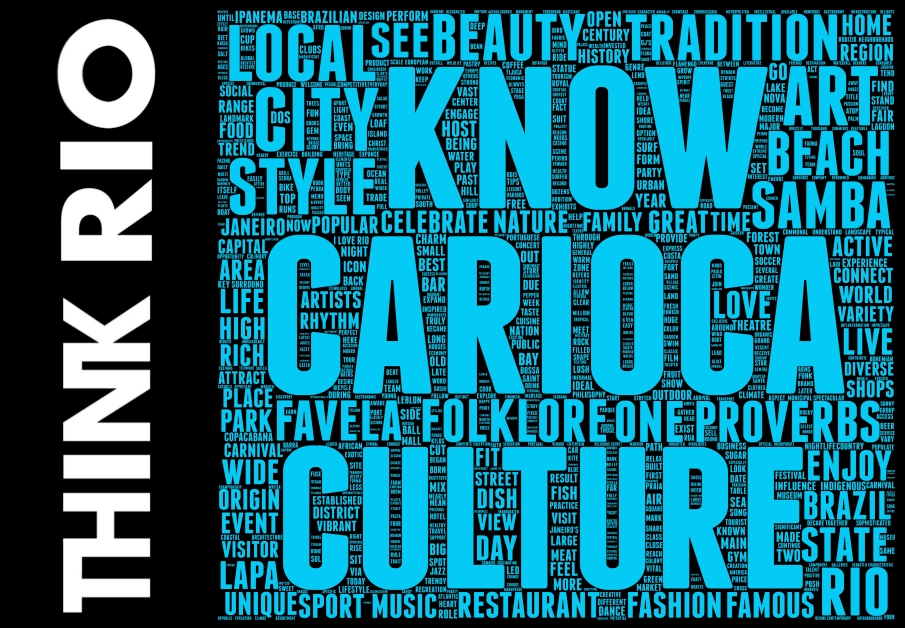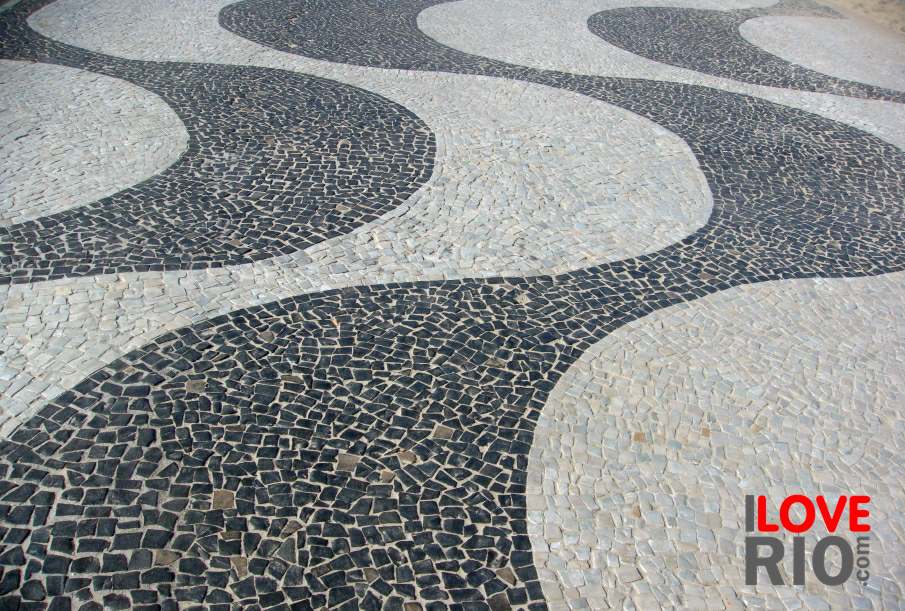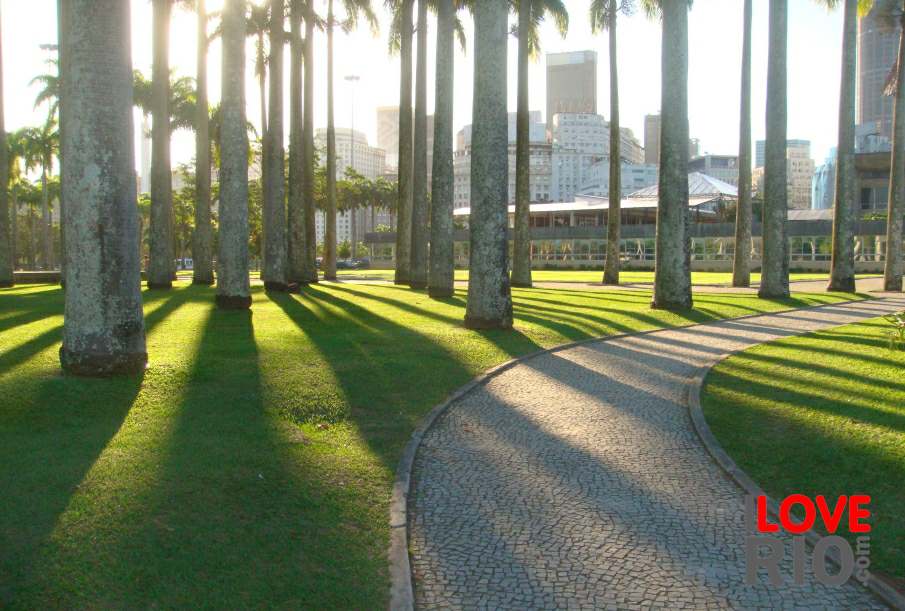




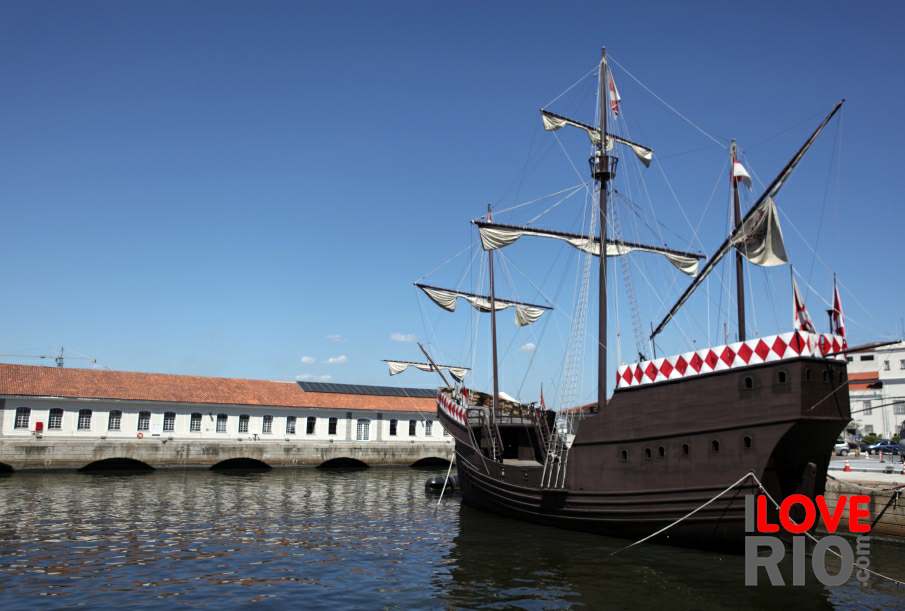
The 4th of November is significant in favela history because on that date in 1900 a delegate of the government sent a letter to the then chief of police, Dr. Enéas Galvão, discussing the favela of Morro da Providência - The letter referred to the geographical area and community in question as a social ‘problem', with regards to health, police control and morality, and spoke of the need for it be 'cleaned'. The document illustrates how favelas emerged in unison with stigmas and stereotypes which they have struggled to shake to the current day. The National Day is a landmark step to re-appropriate the word ‘favela', purging it of its old and out-dated negative associations, and filling it instead with color, beauty and cultural depth.
entertainment

